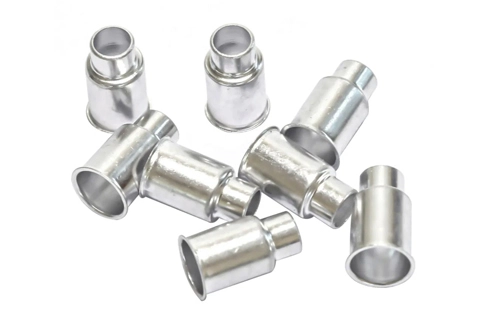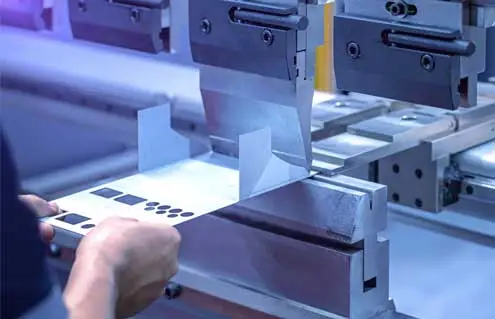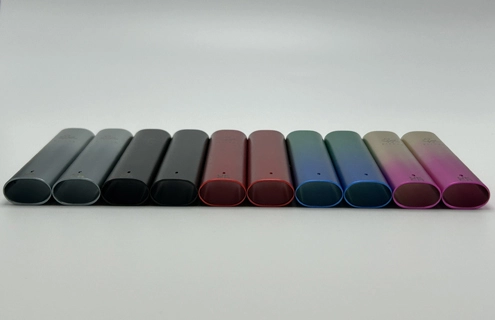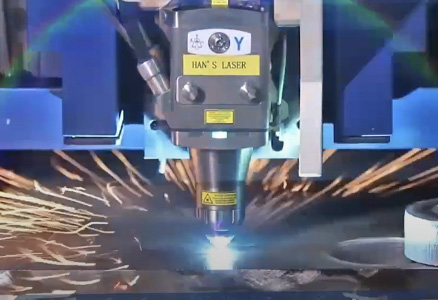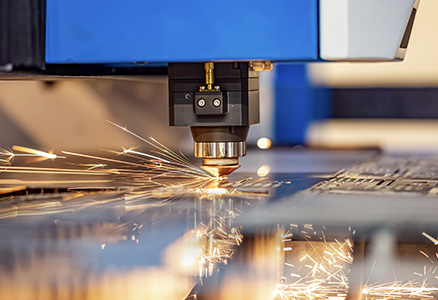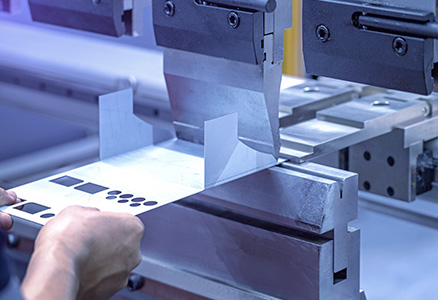What is sheet metal stamping?
Sheet metal stamping processing is a crucial step in the metal forming industry and the foundation of the machinery manufacturing industry. It involves various industries such as aviation, electronics, automotive manufacturing, instrumentation, and equipment manufacturing, and it has a wide range of applications.
Among them, the automotive manufacturing industry is one of the largest demand sectors for sheet metal stamping parts. The automotive manufacturing industry is a pillar industry in many industrialized nations and emerging industrial countries, and sheet metal stamping forms the foundation of this industry. The level of sheet metal stamping technology is reflected in the design and manufacturing level of stamping molds, the advancement of stamping equipment, and the reliability and efficiency of the production process.
Sheet metal stamping process flow
Material preparation
First, we need to select suitable metal sheets, such as steel sheets or aluminum sheets, as the raw materials for stamping. The thickness, hardness, and ductility of the materials will directly affect the quality and forming effect of the final product.
Mold design
Sheet metal stamping mold design is the most critical part of sheet metal stamping. Designers need to precisely draft the mold drawings based on the shape and size requirements of the product. The precision and durability of the mold will directly impact the quality and production efficiency of the stamped products.
Stamping process
Once the mold design is completed, stamping processing can be carried out. The metal sheet is placed between the molds through the stamping machine, and pressure is applied to cause plastic deformation, thereby obtaining the desired shape of the product. During the sheet metal stamping process, parameters such as pressure, speed, and temperature need to be strictly controlled to ensure product quality.
Post-processing
After stamping is completed, post-processing is required, such as deburring, cleaning, and painting, to improve the appearance quality and corrosion resistance of the product.
Why choose JCL's sheet metal stamping mold design?
To solve the relevant issues in metal forming manufacturing for clients, JCL offers comprehensive sheet metal stamping mold design services as an initial step of tool development. As a leading stamping manufacturer, JCL ensures that through meticulous sheet metal stamping mold design and systematic risk assessment, clients can effectively reduce unnecessary investment waste and irrational cost allocation. JCL's design process aims to align actual investment with the budget more closely, ensuring efficient project advancement and avoiding common over-budgeting and delay issues in sheet metal stamping projects.

